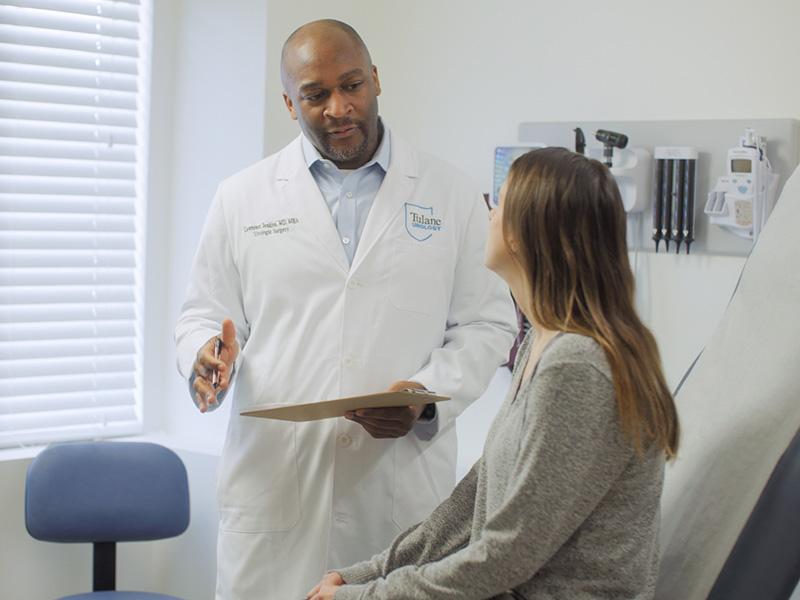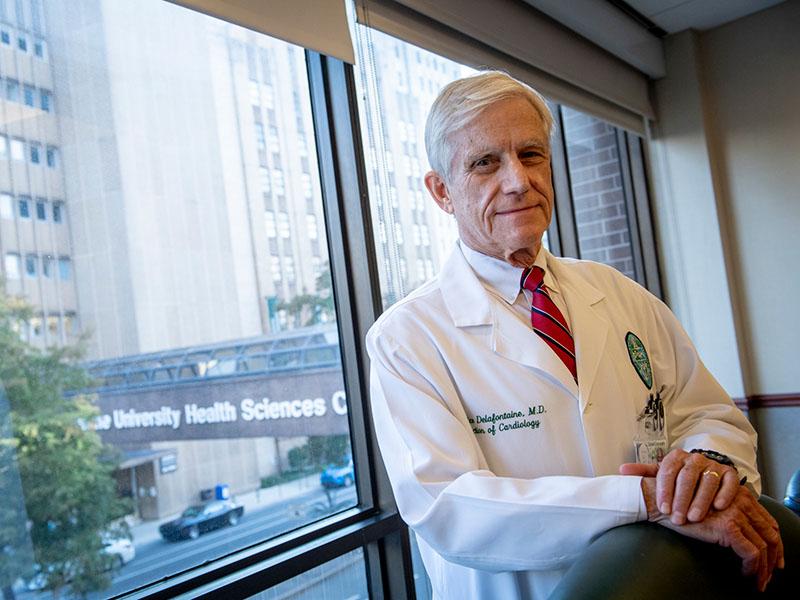Tulane University part of new $82 million initiative to improve health across Deep South
Poor health outcomes and health disparities are major issues in our society, especially in the Deep South, which faces a disproportionate burden of chronic diseases compared to the rest of the nation. Tulane University is now part of a new $82 million National Institutes of Health effort that will harness the research expertise of academic medical centers to address disparities in the prevalence and treatment of chronic diseases for residents in this part of the country.
The initiative, led by the Center for Clinical and Translational Science (CCTS) based at the University of Alabama at Birmingham, brings together 11 academic health centers, research institutes and universities across Alabama, Louisiana and Mississippi.
"This partnership provides a tremendous opportunity to leverage the unique strengths of leading research institutions across three states to address the significant health challenges facing our communities," said Dr. Patrick Delafontaine, co-director of the project and the Jack R. Aron Chair of Administrative Medicine and Executive Dean at Tulane University School of Medicine. "By combining our expertise and resources, we can accelerate the translation of biomedical discoveries into real-world solutions that improve lives across the region."
The partnership is funded through a seven-year NIH Clinical and Translational Science Award UM1 grant (UM1TR004771) and others awarded to UAB’s CCTS. The new funding will also expand efforts to develop a diverse workforce in translational research, provide research infrastructure, support innovative research methods and strengthen partnerships with local communities.
Other partners include LSU Health Sciences Center, the Pennington Biomedical Research Center, the University of South Alabama, HudsonAlpha Institute for Biotechnology, Tuskegee University, the University of Alabama, Auburn University, Southern Research and the University of Mississippi Medical Center.
Mississippi, Alabama and Louisiana have among the highest rates of obesity, diabetes, hypertension and shortened life expectancy in the United States. To address these challenges, the partnership will combine its members' wide-ranging expertise in areas like precision medicine, genomics, data science, clinical trials and community engagement.
"From training the next generation of scientists to empowering community-driven research, this initiative will leverage our combined capabilities in a coordinated effort to create more equitable solutions for better health across the Deep South," Delafontaine said.
Delafontaine is a co-principal investigator of the Clinical and Translational Science Award UM1 program grant along with co-principal investigators Orlando M. Gutiérrez, director of the CCTS and the Marie S. Ingalls Endowed Chair in Nephrology Leadership at UAB, and Robert P. Kimberly, M.D., the Howard Holley Chair in Rheumatology and senior associate dean for Strategic Initiatives in the UAB Heersink School of Medicine.


